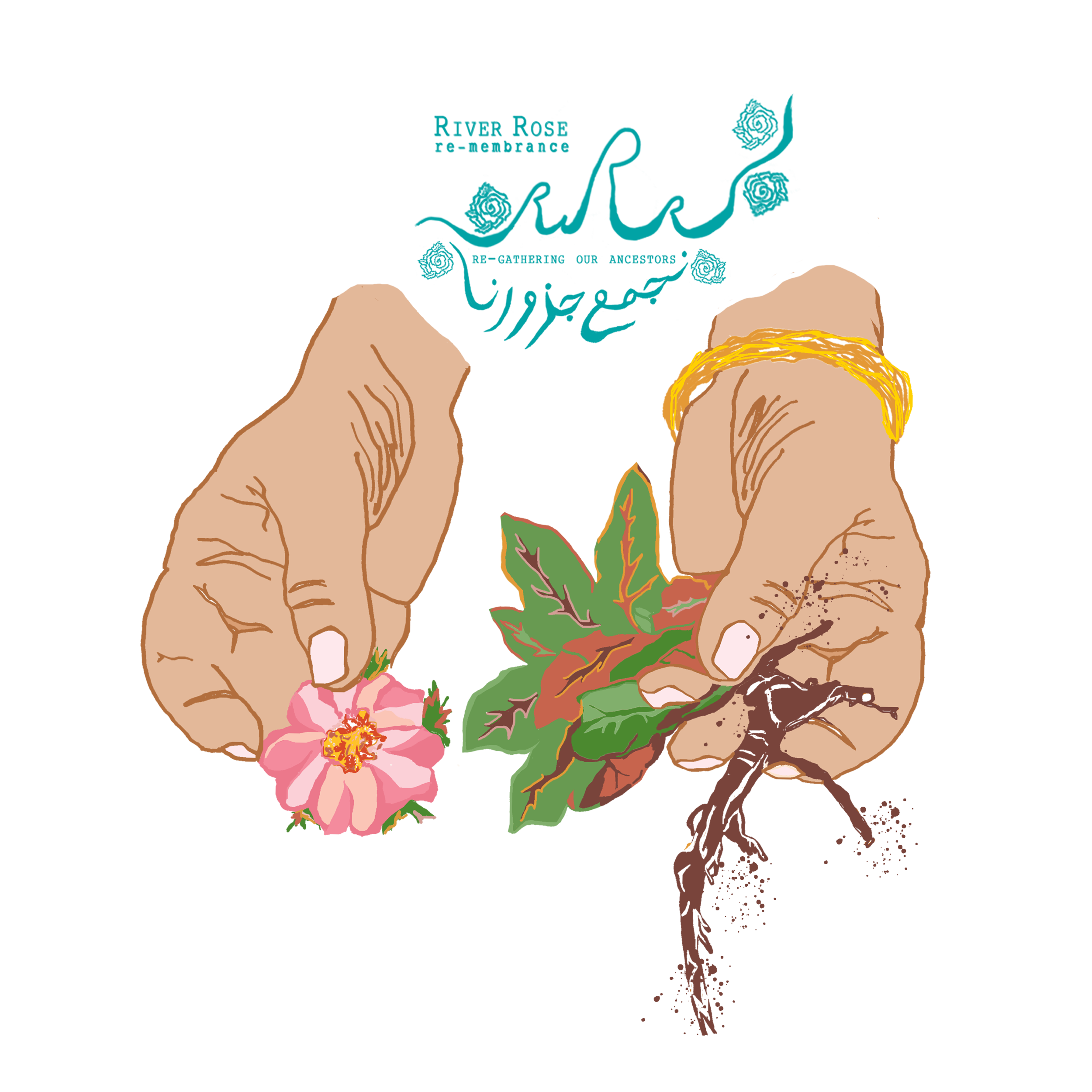I am particularly keen on this conversation as Kali is amongst my closest and longest friends and comrades, and someone I consider to be my primary political mentor in foundational ways. We have been discussing these subjects for years and building towards materialized action in their light, so I am very excited to build on some of these conversations more publicly. Make sure to check out his recent book.
Return to the Source
A Discussion about decolonization, indigenization, and the need for ancestral knowledge to survive the present and build a regenerative future
Join Kali Akuno in discussion with Layla K. Feghali in a conversation about why in a time of genocide we need urgently need to recenter indigenous knowledge(s) and practices and challenge the dominant narratives of nationhood, nation-states, nationality, empire, international law and human rights.
This will be a 2 part discussion.
They will be live-streamed.
[Part 1 recording below]
Part 2 will take place on Wednesday, April 3rd at 5 pm est/4 pm cst/3 pm mst/2 pm pst
Kali is co-founder and co-director of Cooperation Jackson and the Institute for Social Ecology’s racial and environmental justice program coordinator.
Kali served as the Director of Special Projects and External Funding in the Mayoral Administration of the late Chokwe Lumumba of Jackson, MS. His focus in this role was supporting cooperative development, the introduction of eco-friendly and carbon reduction methods of operation, and the promotion of human rights and international relations for the city.
He is co-editor of Jackson Rising: the Struggle for Economic Democracy and Black Self-Determination in Jackson, MS and Jackson Rising Redux: Lessons on Building the Future in the Present and the author of numerous articles and pamphlets including “The Jackson-Kush Plan: The Struggle for Black Self-Determination and Economic Democracy,” “Until We Win: Black Labor and Liberation in the Disposable Era,” “Operation Ghetto Storm: Every 28 Hours report,” and “Let Your Motto Be Resistance: A Handbook on Organizing New Afrikan and Oppressed Communities for Self-Defense”.
He has served as the Co-Director of the US Human Rights Network and the Executive Director of the Peoples’ Hurricane Relief Fund (PHRF) based in New Orleans after Hurricane Katrina. He was a co-founder of the School of Social Justice and Community Development (SSJCD), a public school serving the academic needs of low-income African American and Latino communities in Oakland, California.
Layla K. Feghali is an ethnobotanist, cultural worker, and author who lives between her ancestral village in Lebanon and her diasporic home in California, where she was born and raised. Her dedication is the stewardship of eco-cultural re-membrance and decolonization movements (not as a metaphor), and the many layers of relational restoration, systemic reckoning, and healing that entails. Feghali offers a line of plantcestral medicine, education, and other culturally-rooted offerings and mutual aid efforts, with an emphasis on the land-based ancestral practices from the Crossroads (southwest Asia + northern Africa) and its diasporas. Her recent book, The Land in Our Bones, documents cultural herbal and healing knowledge from Syria to the Sinai, while interrogating colonialism and its lingering wounds on the culture of our displaced world.
Feghali asks: How do we embody what binds us together while holding the ways we’ve been wrested apart? What does it mean to be of a place when extraction and empire destroy its geographies? How do we disentangle ourselves from exploitive paradigms to create more liberatory worlds? What can we re-member when we reach beyond what’s been lost and tend to what remains? How do we cultivate regenerative kinships with the lands where we live, especially when displacement has led us to other peoples' unceded territories?
Hosted by the Institute of Social Ecology.


